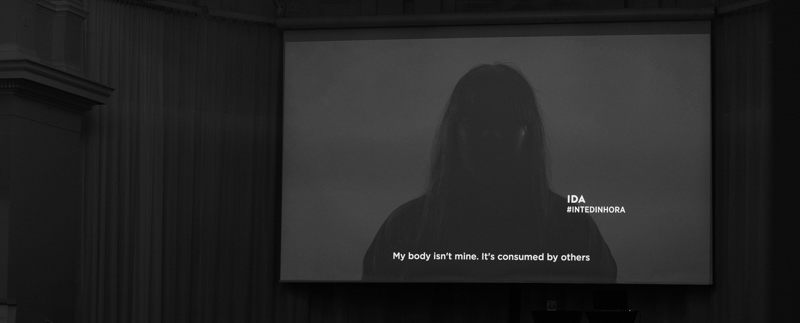
WEIGHT: 62 kg
Bust: Large
One HOUR:200$
NIGHT: +90$
Services: Domination (giving), Massage professional, Massage erotic, Lesbi-show hard, Deep Throat
We use cookies to collect anonymous data to help us improve your site browsing experience. Click 'Accept all cookies' to agree to all cookies that collect anonymous data. To only allow the cookies that make the site work, click 'Use essential cookies only. Your cookie preferences have been saved. You can change your cookie settings at any time. This chapter provides an overview of legislative approaches aimed at challenging men's demand for prostitution and summarises some key features and common principles identified across the jurisdictions examined in this review [7].
An understanding of these features enables the identification of similarities and differences in approaches and provides some necessary background information for the assessment of lessons learned. The information has been primarily sourced from government websites and legislation as well as academic literature detailing the introduction of challenging demand, its key drivers and implementation strategies adopted by the jurisdictions in question.

It is important to note that the focus in this chapter is on outlining the central features of the approaches adopted. Lessons learned, impacts, enablers and barriers are discussed in chapters 5 and 6. Loi no. National organisations include Pro Sentret which provides information on service provision and gathers national data.
Funded by both the central government and the Oslo Municipality. Publication of strategy of action to be taken to ensure a programme of assistance and support PAS is made available to those wishing to leave.

The published strategy and website set out existing mainstream and specialist services available to women and men involved in prostitution including housing services, job centres, health. The central premise behind challenging demand approaches is that prostitution constitutes a form of sexual violence that predominantly impedes women's equal participation in society and as such is incompatible with commitments to gender equality and universal human rights Ekberg Moreover, the decriminalisation of selling is purported to support women and men involved in prostitution, reducing avenues for further exploitation and encouraging exit and access to help Ekberg The first challenging demand model was introduced in Sweden in and has since been implemented in a number of jurisdictions on the basis of its effectiveness in tackling crimes such as human trafficking for sexual exploitation Iceland , Norway , Canada , Northern Ireland , France , Republic of Ireland and Israel More recently, the European Commission study on the "gender dimension of trafficking in human beings" recommended that Member States "consider criminalising the purchase of sex" on the basis of its decreasing men's likelihood to purchase in turn reducing demand for trafficking for sexual exploitation European Commission The challenging demand model can be contrasted with other approaches to prostitution such as "prohibitionism" which bans all activities related to the selling and purchasing of sex as seen in most US states; "regulationism" which legalises and regulates purchasing, selling and brothel keeping, as seen in the Netherlands and Germany; and "decriminalisation" which aims to remove laws on voluntary prostitution and related offences as seen in New Zealand Platt et al.


































